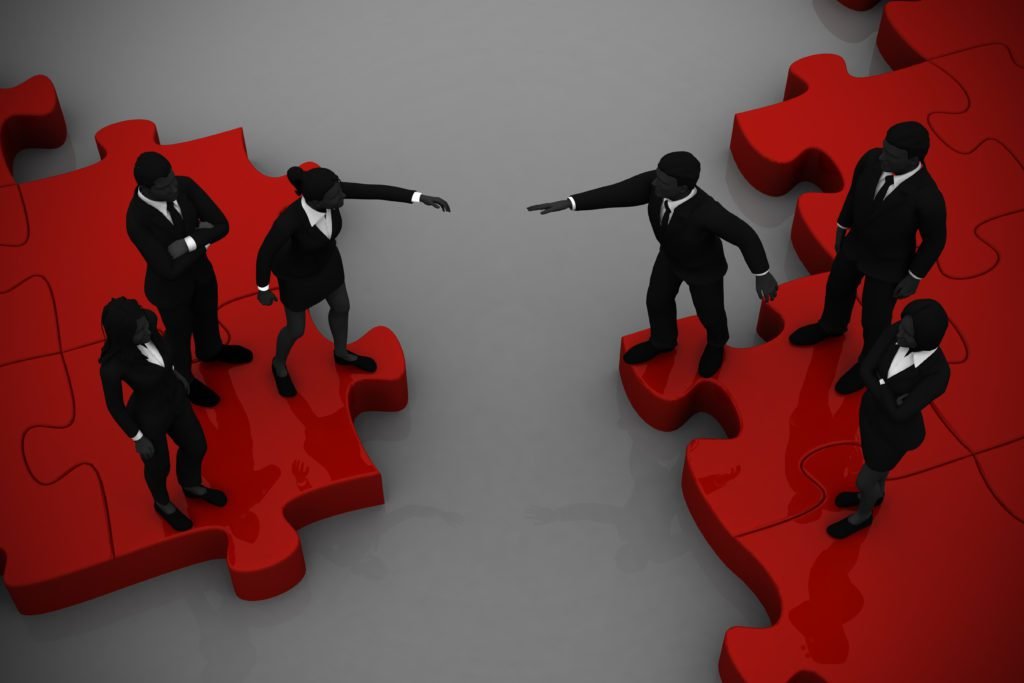Photo Credit (Freepik)
In the modern world, where communication technology allows us to communicate with ease over great distances, the question of whether or not global cultures are merging into one homogenous organism emerges. Even while the world is becoming more interconnected, there are compelling reasons to doubt this convergence.
- Cultural Diversity Is Still Significant
Empirical data suggests that global culture is not homogeneous, but rather a complex mosaic of cultural diversity. For example, Western civilizations frequently demonstrate diversity by incorporating other cultural features rather than obscuring them. For instance, fast food restaurants are progressively localizing their menus to showcase various culinary customs, indicating a blending as opposed to a merging.
- Youth Are Attracted to Diversity
Young people nowadays are more and more drawn to companies that value cultural diversity. This yearning for different viewpoints stimulates invention and creativity, which are vital forces behind society advancement. Thought and experience homogeneity could hinder development, while variety encourages fresh concepts and approaches.
- A World with Many Poles
The necessity of international cooperation has been brought to light by the global reaction to issues such as COVID-19. Global concerns cannot be addressed by one country acting alone. The G20’s formation as an extension of the G7 highlights the movement away from a centralized approach to global governance and toward one that prioritizes collaboration over domination.
Prospective Consequences
Multicultural Continuity: It’s probable that different cultures will continue to coexist in the world, each adding to a more comprehensive and nuanced understanding. Global exchanges will rise, but in-depth information will require an awareness of particular cultural situations.
Cultural Integration: Social identities will continue to be shaped by the mingling of indigenous and foreign cultures. There isn’t a single tactic or plan that works in every situation because every society has its own peculiarities.
Emerging Virtual Cultures: The metaverse is a potential new frontier for the emergence of completely new cultures. Virtual worlds will probably bring in new cultural dynamics and experiences as they grow.
In summary
Social media, technology, and globalization will improve cross-cultural interactions and have an impact on regional customs. The unique characteristics of different cultures will endure, nevertheless, and will enhance our global experience. Cultures will not unite into a single entity, but they may interact and affect one another.
